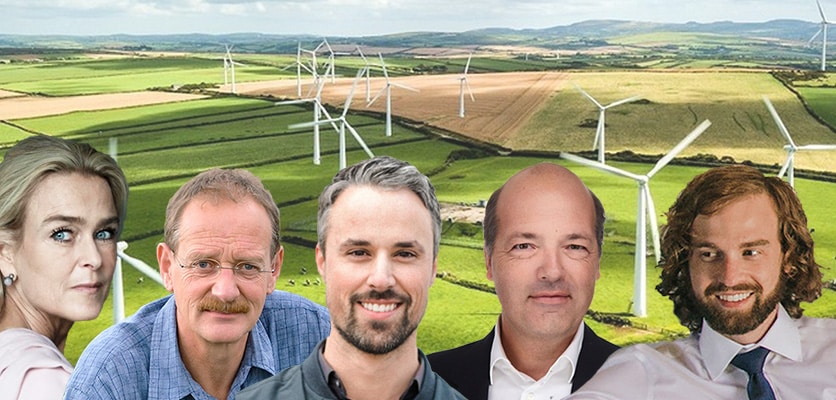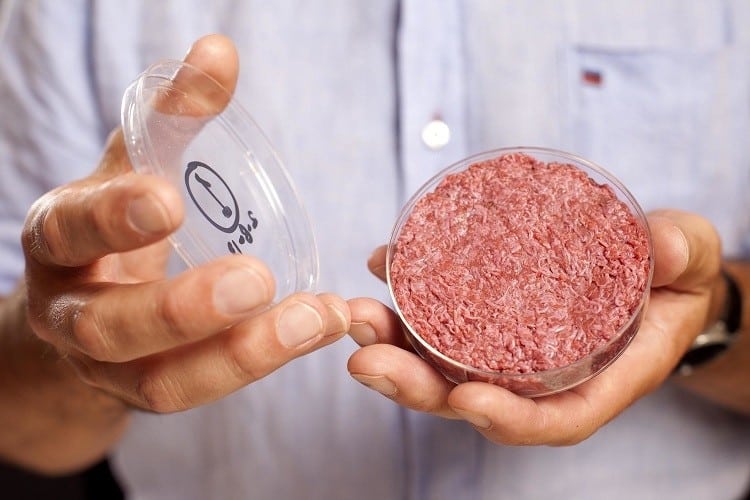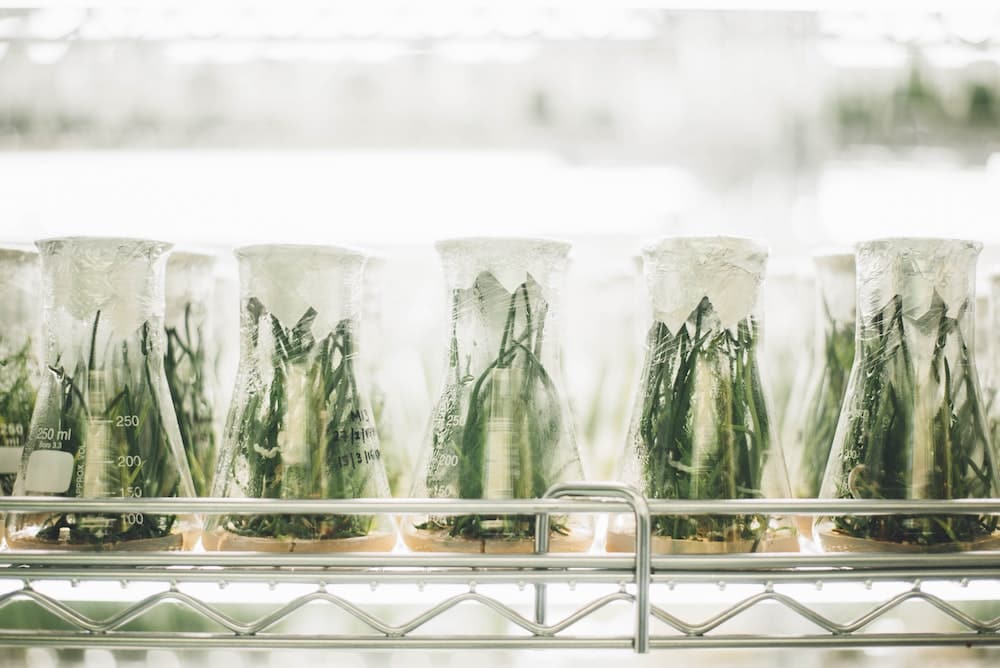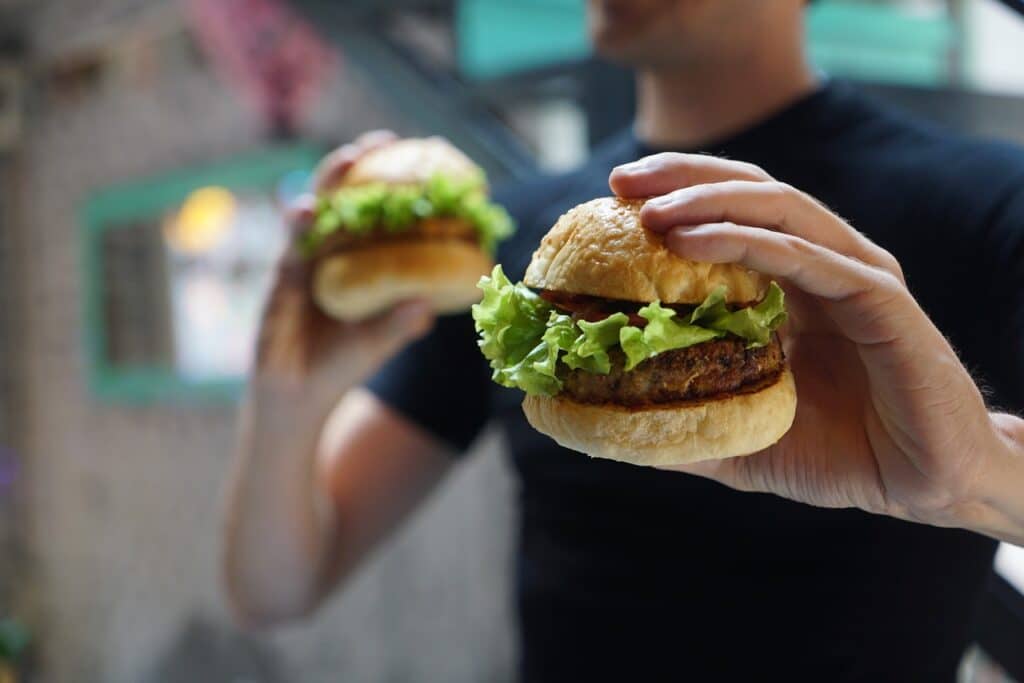Startups
Agfunder
Agfunder

This time last year, the world—much less venture capital—was grappling with an extraordinary amount of economic uncertainty, brought on by an unprecedented global health crisis. By now we know that the agrifood sector not only rebounded from the pandemic’s early disruptions, it outpaced expectations. In Europe, however, the pace of recovery was more measured. European agrifoodtech investing in 2020 ended the year slightly down from 2019, according to AgFunder’s latest Europe investment report, published in partnership with F&A Next. Agrifoodtech ventures raised $3.3 billion in 2020, down from $3.9 billion in 2019. AgFunder expects the total to end up closer to $3.8 billion once all 2020 deals come to light. Still, that represents a 2.6% decrease from 2019.

The Yield Lab Europe announces today, at F&A Next, that they have secured €50m for their sustainable agrifoodtech venture capital fund and are opening a Dutch office as part of a new partnership with agrifoodtech accelerator StartLife on Wageningen Campus.

Today, we are excited to announce the eight highly promising Next Heroes in Food & Agtech 2021. During the summit they will pitch their innovative solutions for a healthy and sustainable food system and including questioning by three seasoned investors a.k.a. "the judges". Agfunder spoke to the startups and gives a sneak peak at who they are.

Tune into the ‘Targeting Zero Carbon in Food & Ag’ session, featuring Barbara Baarsma, CEO of Rabo Carbon Bank; Paul Gambill, CEO of carbon marketplace Nori; Béla Jankovich de Jeszenice, chairman of Commonland; Matt Marshall, senior director of corporate strategy for Nutrien; and Ken Giller, professor of plant production systems at Wageningen University & Research.

In collaboration with F&A Next, Agfunder spoke with Mosa Meat’s CEO Maarten Bosch ahead of his speaking slot at F&A Next 2021 in May. AFN spoke about the company’s first burger, its evolution since, and how the company is charting its future in the currently murky regulatory environment that surrounds the lab-grown meat craze.

A few years from now, the coronavirus pandemic may feel like a distant memory. For now, it seems to be the only relevant issue. And even when the immediate threat of the pandemic is behind us, signs of how it’s reshaped daily life and business are sure to linger. At F&A Next’s fifth annual summit, over a thousand doers, investors and observers in the sector joined the virtual edition with Covid-19 and its impact on the agri-foodtech sector on their minds. Here are three big takeaways about how the pandemic is and will reshape how we cultivate, move, and consume food for the foreseeable future.

If anything is made clear by the global pandemic, it’s that the world can change in a minute. Technology has proven its crucial role in enabling systems, markets and human behavior to change with it. We work from home. We host global conferences virtually. We log into an app and our dinner, groceries and transportation arrives on our doorstep. Our collective dependence on a functioning global food chain has catapulted agri-foodtech to “essential” status. Entrepreneurs and investors have grown agri-food technology into a $20 billion venture capital sector worldwide in 2019, which represents a nearly 10-fold expansion from the $2.4 billion invested just five years ago. Much more innovation, and venture capital to support it, is needed.

What’s happening in the U.S. meat supply chain amid the Covid-19 crisis offers a stark warning of how vulnerable the food chain is to shocks. Poultry and livestock farms across the U.S. have been euthanizing millions of animals because processing facilities are grappling with the disease’s outbreak among the workforce and don’t have the staff available to manage. Controversially, the U.S. President issued an executive order compelling meat processors to stay open—an act that has received tremendous backlash for the health risks it imposes on workers. uch drama hasn’t similarly struck Europe. But the continent’s food producers and suppliers acknowledge the pandemic’s amplifying impact on existing challenges and vulnerabilities in growing, processing and moving food.

For startups, the proof of concept is often touted as the hardest part. Companies that can make it over that hurdle, put their product and services on the ground and build a small base of customers will be more attractive to investors and have better odds of gaining market momentum—presumably, at least. But the scale-up stage comes with a unique set of challenges, which an emerging group of programs and resources like ScaleUp Food are trying to address.

Alternative protein startups had a big year in 2019. The sector had its first IPO, its first unicorns, and a raft of new products hitting and expanding into the market through numerous channels, including grocery stores, food producers, and fast food giants. One could be forgiven for thinking that the global meat industry was in real jeopardy. But it isn’t. Global meat consumption is growing, thanks to a swelling global middle class that can afford to put more meat on its plates. That trend also pans out in North America and Europe.